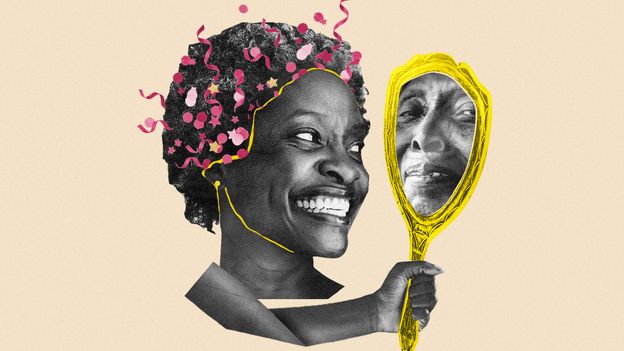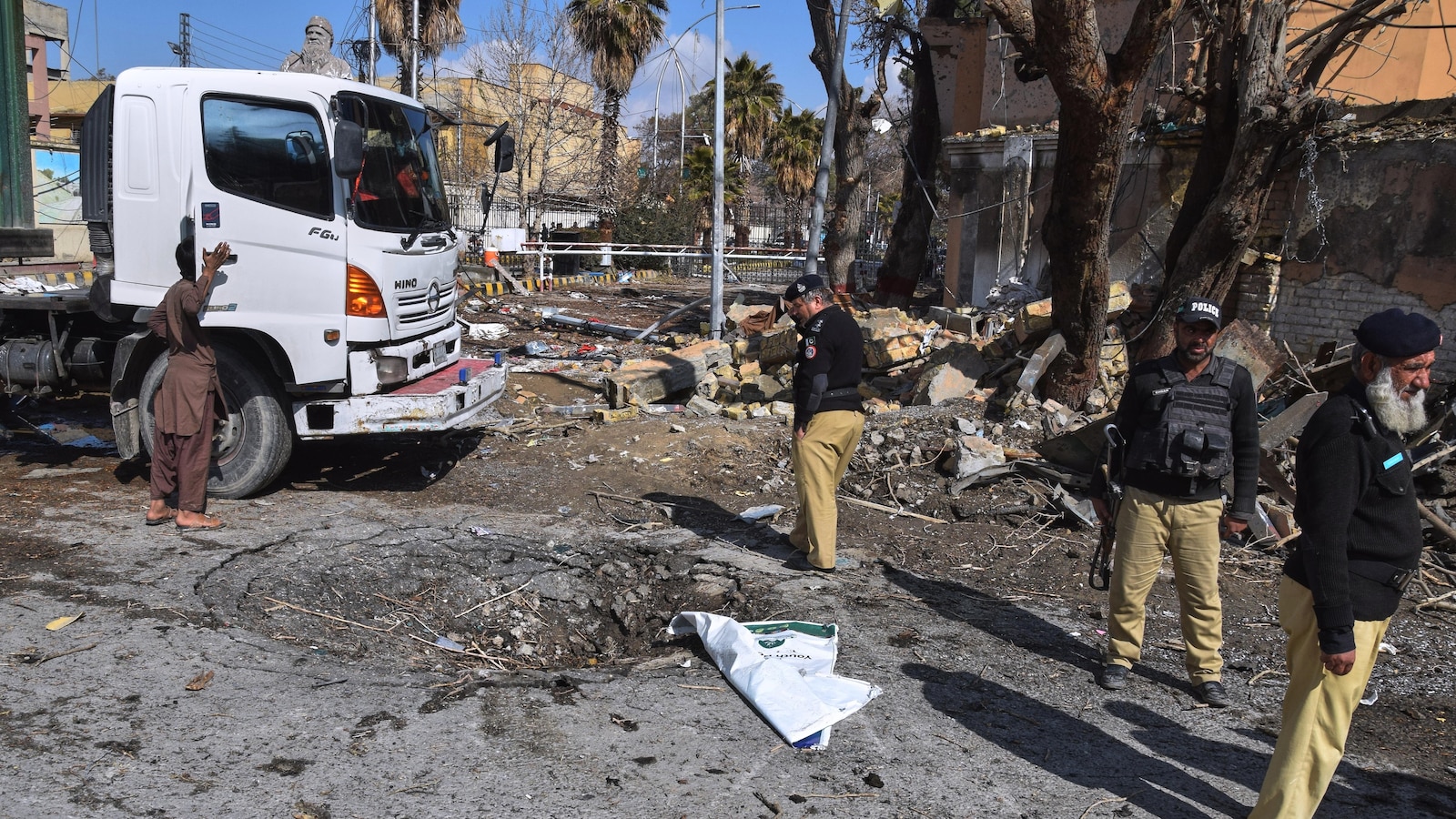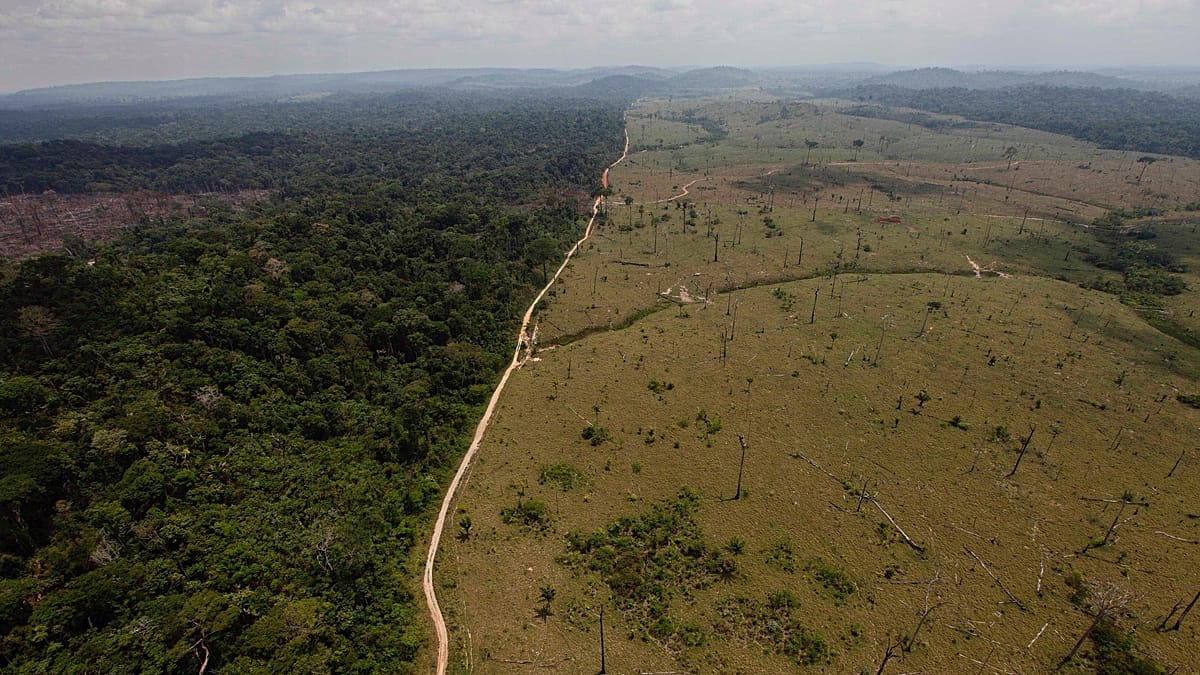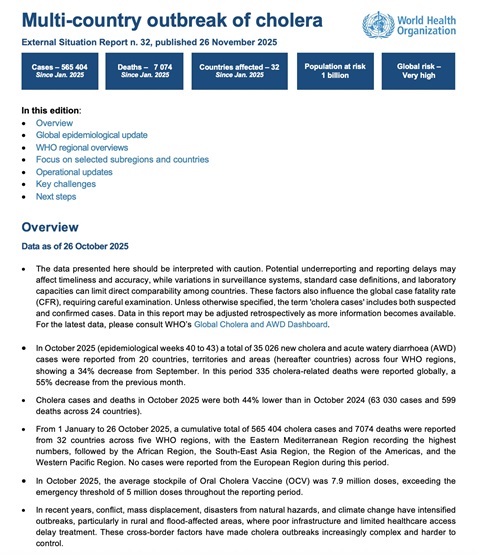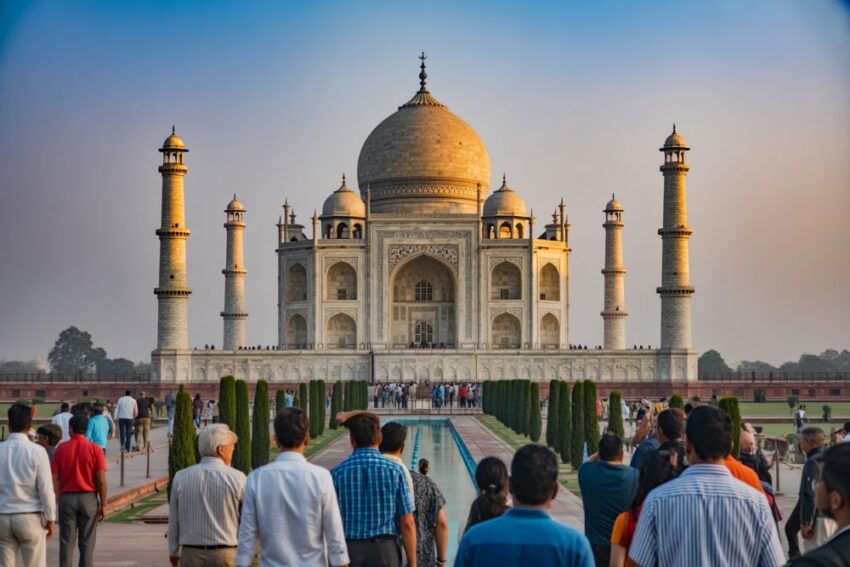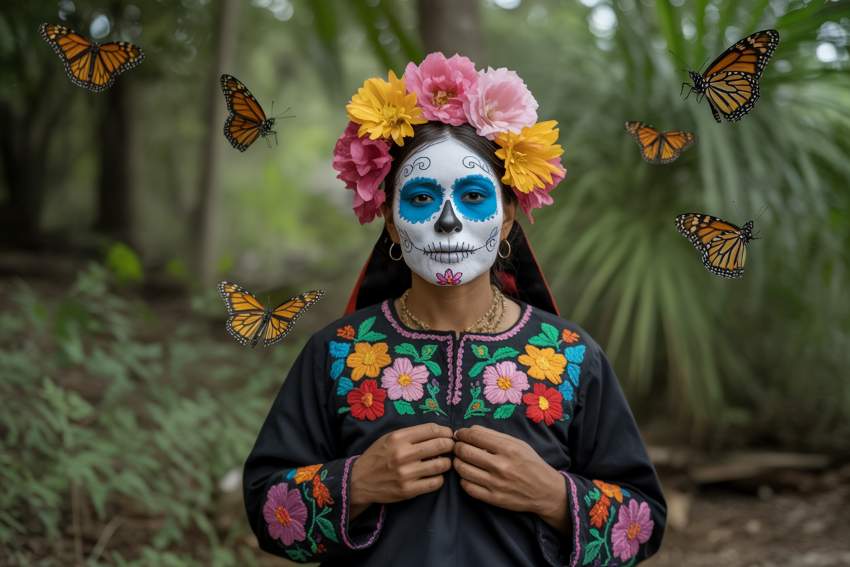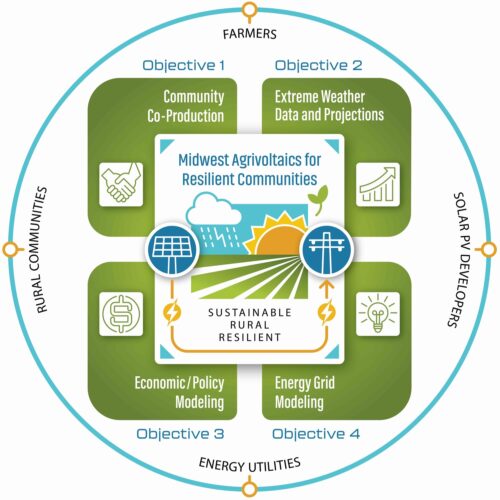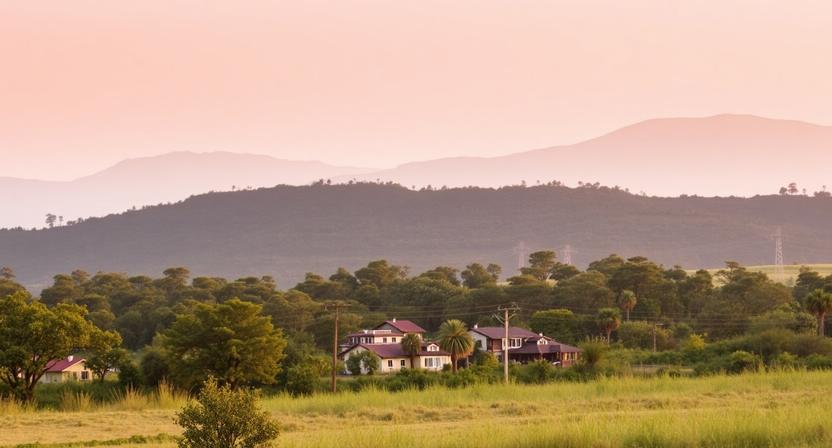Harvard Business School Supports Graduating Social Entrepreneurs – Harvard Business School
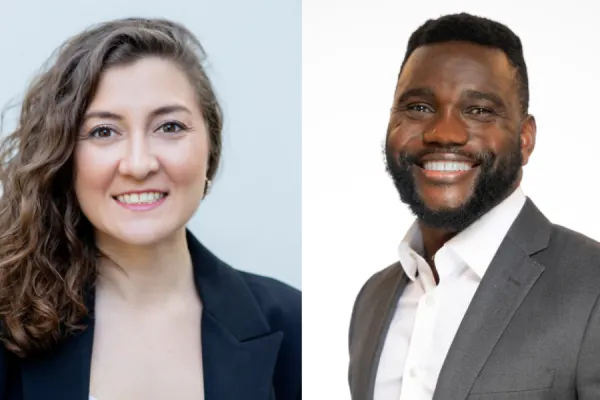
Report on the Harvard Business School Social Entrepreneurship Fellowship
Introduction and Strategic Objectives
Harvard Business School (HBS) has initiated a new Social Entrepreneurship Fellowship through its Social Enterprise Initiative. This program is a direct response to a sustained increase in student-led ventures aimed at generating significant social and environmental value. The fellowship’s primary objective is to provide critical support for graduating students launching enterprises that align with global sustainability targets, particularly the United Nations Sustainable Development Goals (SDGs).
The fellowship provides comprehensive support to facilitate the launch and scaling of these social enterprises. Key components include:
- Financial support to supplement recipient salaries.
- Access to institutional resources and mentorship.
- Empowerment for entrepreneurs to address complex social and environmental problems.
According to Shawn Cole, Social Enterprise Initiative Faculty Chair, the fellowship enables students to pursue careers focused on social impact from inception, fostering financially sustainable models with potential for significant scale. Amelia Angella, Director of the Social Enterprise Initiative, noted that the program empowers the next generation of social impact leaders to apply innovative solutions to global challenges.
Inaugural 2025-26 Fellowship Recipients and SDG Alignment
The inaugural fellowship has been awarded to two graduating students whose ventures demonstrate a strong commitment to achieving specific Sustainable Development Goals.
Hande Ilhan (MBA 2025), Co-founder of Kykloris
Kykloris is a climate-tech venture that converts crustacean waste into sustainable biopolymers, designed to replace petroleum-based materials and chemicals. The enterprise directly contributes to a circular economy model.
Primary SDG Contributions:
- SDG 12 (Responsible Consumption and Production): Kykloris promotes circularity by upcycling food waste into valuable materials, reducing landfill and creating sustainable production cycles.
- SDG 9 (Industry, Innovation, and Infrastructure): The venture drives green innovation within the materials industry, developing sustainable infrastructure and promoting clean technologies.
- SDG 13 (Climate Action): By providing an alternative to petroleum-based products, Kykloris helps mitigate climate change and reduces dependency on fossil fuels.
Ms. Ilhan stated that the fellowship’s support is instrumental in accelerating product development and expanding the venture’s environmental and social impact.
Dominic Mensah (MBA 2025), Founder of Dombelfarms
Dombelfarms is an agricultural technology venture focused on empowering over 100 million small and medium-sized farmers in Africa. The platform provides agro-inputs, farm productivity software, and market access to break cycles of systemic poverty.
Primary SDG Contributions:
- SDG 1 (No Poverty): The core mission is to alleviate poverty in rural farming communities by doubling farmer productivity and incomes.
- SDG 2 (Zero Hunger): By improving agricultural yields and efficiency, Dombelfarms directly enhances food security for local and regional populations.
- SDG 8 (Decent Work and Economic Growth): The venture provides tools and services that foster sustainable economic growth and create productive employment opportunities in the agricultural sector.
Mr. Mensah reported that the fellowship’s strategic funding and mentorship will enable Dombelfarms to expand its reach to 1,000 farmers in Ghana within the next year, significantly advancing its mission.
Analysis of SDGs in the Article
1. Which SDGs are addressed or connected to the issues highlighted in the article?
-
SDG 1: No Poverty
- The article highlights Dombelfarms, a venture explicitly created to empower “small and medium size farmers in Africa trapped in systemic poverty” and “alleviate poverty in rural villages.”
-
SDG 2: Zero Hunger
- Dombelfarms directly addresses this goal by aiming to “enhance food security” and improve the productivity of smallholder farmers, who are crucial to the global food supply.
-
SDG 4: Quality Education
- The HBS Social Entrepreneurship Fellowship itself is an educational initiative. Its mission is to “educate and empower the next generation of social impact leaders,” providing them with the support and resources needed to tackle social problems.
-
SDG 8: Decent Work and Economic Growth
- Dombelfarms aims to improve the economic standing of farmers by providing them with tools and market access to “double famers’ productivity and incomes,” fostering economic growth at the local level.
-
SDG 9: Industry, Innovation and Infrastructure
- Kykloris is described as a “climate-tech startup” focused on “green innovation.” It aims to drive “systemic change in the materials industry” by developing sustainable biopolymers, which represents an industrial and technological innovation.
-
SDG 12: Responsible Consumption and Production
- Kykloris’s entire business model is based on this goal. It “turns crustacean waste into sustainable biopolymers,” helping to “reduce food waste, advance circularity, and promote a more sustainable future” by replacing petroleum-based materials.
-
SDG 13: Climate Action
- Kykloris directly addresses climate change by creating sustainable alternatives to “petroleum-based materials.” Hande Ilhan’s background is in “climate-tech investments,” and her mission is to solve “climate challenges” through entrepreneurship.
-
SDG 14: Life Below Water
- By finding a productive use for “crustacean waste,” Kykloris contributes to the sustainable management of marine resources and helps reduce waste that could otherwise pollute marine ecosystems.
-
SDG 17: Partnerships for the Goals
- The fellowship is a partnership between an academic institution (HBS) and social entrepreneurs. It mobilizes financial resources, mentorship, and expertise to support ventures that are tackling the SDGs, embodying the spirit of multi-stakeholder collaboration.
2. What specific targets under those SDGs can be identified based on the article’s content?
-
Under SDG 1 (No Poverty):
- Target 1.2: By 2030, reduce at least by half the proportion of men, women and children of all ages living in poverty. Dombelfarms’ mission to “alleviate poverty in rural villages” directly supports this target.
- Target 1.4: By 2030, ensure that all men and women, in particular the poor and the vulnerable, have equal rights to economic resources. The venture provides farmers with “agro-inputs, farm productivity software and access to buyers,” which are key economic resources.
-
Under SDG 2 (Zero Hunger):
- Target 2.3: By 2030, double the agricultural productivity and incomes of small-scale food producers. This is explicitly stated as a goal for Dombelfarms: “to double famers’ productivity and incomes.”
-
Under SDG 9 (Industry, Innovation and Infrastructure):
- Target 9.4: By 2030, upgrade infrastructure and retrofit industries to make them sustainable…and greater adoption of clean and environmentally sound technologies. Kykloris’s work to create “sustainable biopolymers” and “drive systemic change in the materials industry” aligns perfectly with this target.
-
Under SDG 12 (Responsible Consumption and Production):
- Target 12.5: By 2030, substantially reduce waste generation through prevention, reduction, recycling and reuse. Kykloris’s model of turning “crustacean waste” into a new product is a direct application of this target, focusing on reuse and circularity to “reduce food waste.”
-
Under SDG 17 (Partnerships for the Goals):
- Target 17.16: Enhance the Global Partnership for Sustainable Development, complemented by multi-stakeholder partnerships that mobilize and share knowledge, expertise, technology and financial resources. The HBS fellowship provides “financial support” and “resources” to social entrepreneurs, acting as a partnership to advance social and environmental value.
3. Are there any indicators mentioned or implied in the article that can be used to measure progress towards the identified targets?
-
Indicator for Target 2.3:
- The article mentions a direct, measurable goal for Dombelfarms: to “double famers’ productivity and incomes.” This directly corresponds to SDG Indicator 2.3.2 (Average income of small-scale food producers, by sex and indigenous status).
-
Project-Specific Indicators:
- Number of beneficiaries reached: Dombelfarms has a specific goal “to reach 1,000 farmers in Ghana.” This is a clear indicator of the project’s scale and reach.
- Waste reduction and resource efficiency (Implied): For Kykloris, progress could be measured by the volume of crustacean waste processed, the amount of biopolymer produced, and the quantity of petroleum-based materials it replaces in the market. While not quantified in the article, these are the inherent metrics of its success.
- Growth in social entrepreneurship (Implied): The article notes a “sustained increase in HBS students launching social impact ventures” as the reason for creating the fellowship. The number of fellows supported each year serves as an indicator of the institution’s investment in social impact leadership.
Summary Table of SDGs, Targets, and Indicators
| SDGs | Targets | Indicators |
|---|---|---|
| SDG 1: No Poverty |
|
|
| SDG 2: Zero Hunger |
|
|
| SDG 9: Industry, Innovation and Infrastructure |
|
|
| SDG 12: Responsible Consumption and Production |
|
|
| SDG 17: Partnerships for the Goals |
|
|
Source: hbs.edu
What is Your Reaction?
 Like
0
Like
0
 Dislike
0
Dislike
0
 Love
0
Love
0
 Funny
0
Funny
0
 Angry
0
Angry
0
 Sad
0
Sad
0
 Wow
0
Wow
0














